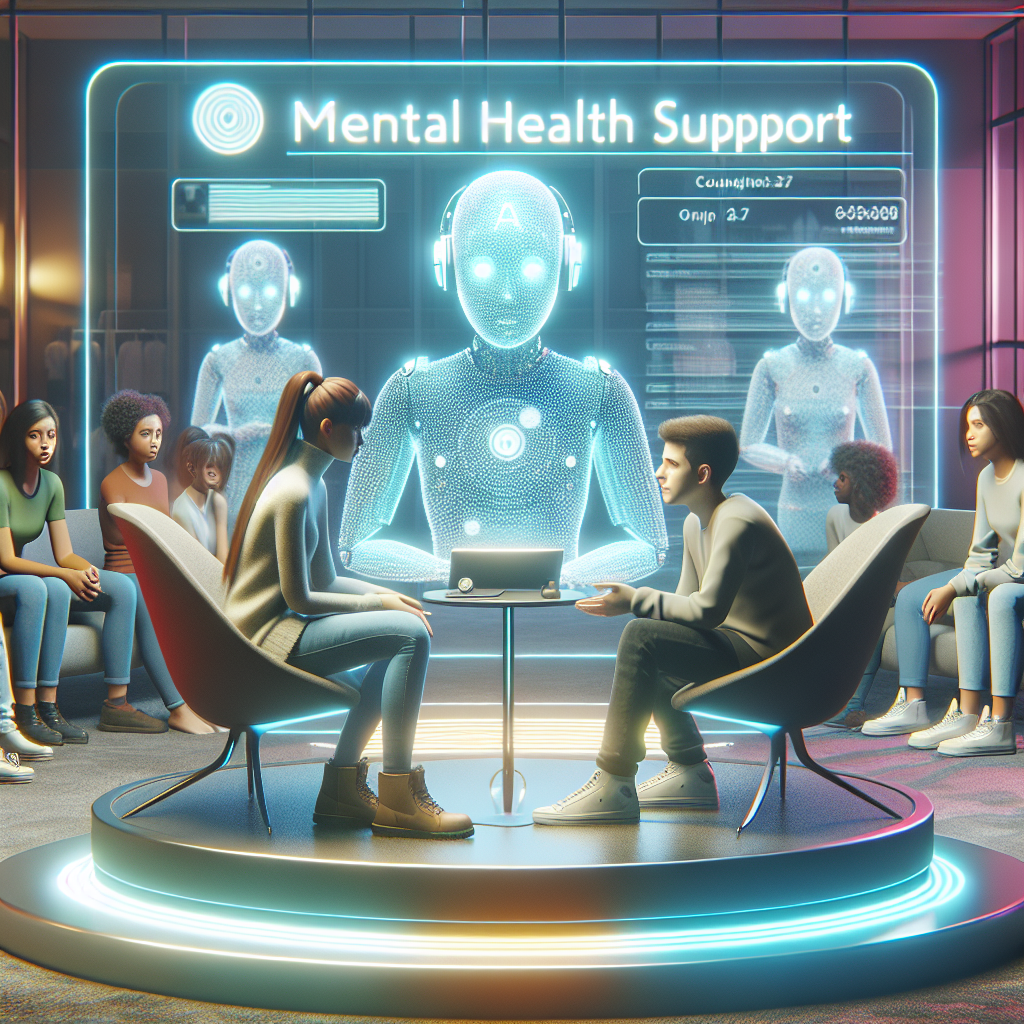Teens Face Months-Long Wait for Critical Mental Health Support
Study finds teens in Australia are waiting an average of 99.6 days for mental health treatment, emphasizing the need for national standards.
“
In Australia, the mental health of teenagers is at risk due to long wait times for treatment, with an average wait time of almost 100 days. This delay has led researchers to advocate for the establishment of national standards to address this issue.
– The study, published in BMJ Open, surveyed 375 Australian teenagers aged 13-17.
– Professor Bridianne O’Dea, one of the lead researchers, emphasized the urgent need for reform in mental health service delivery.
– The surge in demand for youth mental health care over the past two decades has created a crisis situation.
– Qualifying for a referral to a psychologist or psychiatrist signifies mental distress, making long wait times unacceptable.
– Lack of access to timely care forces young individuals to resort to maladaptive coping strategies.
– Some teenagers experience increased distress, feelings of abandonment, and resort to harmful behaviors during the waiting period.
While nearly 40% of surveyed teens received minimal support during the waiting period, some displayed resilience by adopting healthy coping mechanisms.
– Engaging with informal support networks, physical activity, and journaling were some of the positive coping behaviors observed.
– Despite the ability of some young people to manage stress effectively, the current system fails to offer crucial support promptly.
Efforts to improve the waiting experience should focus on better communication and regular contact with service providers.
– Suggestions from teenagers included increased communication and transparent updates regarding wait times.
– Implementing simple strategies like increased contact could alleviate distress and improve the overall waiting experience.
Reducing wait times for mental health treatment should be a top priority, with the implementation of national wait time benchmarks recommended.
– National standards have been successful in other countries and could enhance transparency and accountability in mental health service delivery.
– Establishing evidence-based goals for acceptable wait times can minimize risks to individuals’ health and offer insight into service delivery expectations.
In conclusion, addressing the mental health crisis among young Australians requires urgent action, including the introduction of national standards for wait times. By prioritizing timely access to care and greater transparency in service delivery, we can better support the mental well-being of the younger generation.
Published on: 2025-03-28 12:08:00 | Author:
🔗 You may also like: More posts in Psychology & Psychiatry










